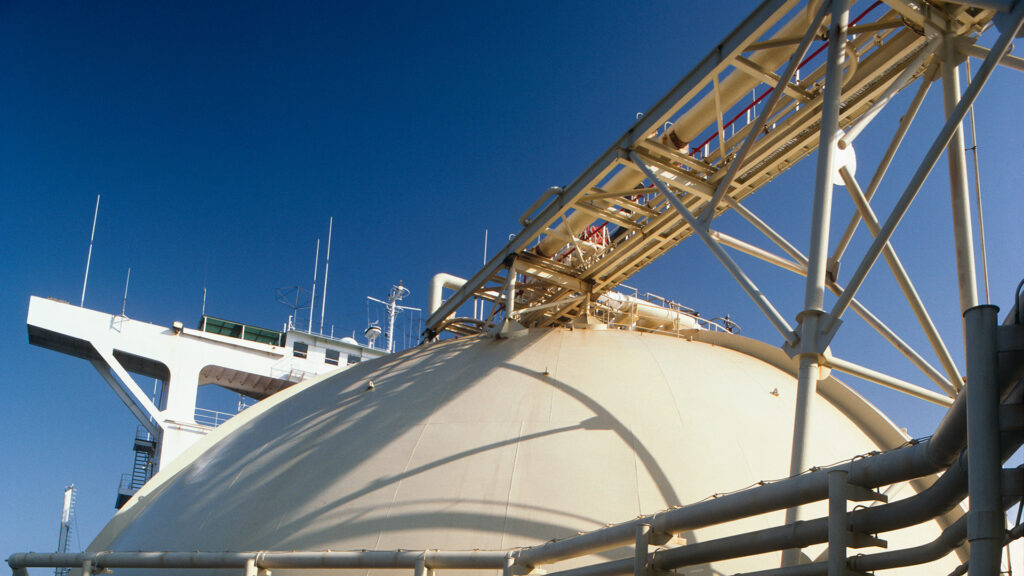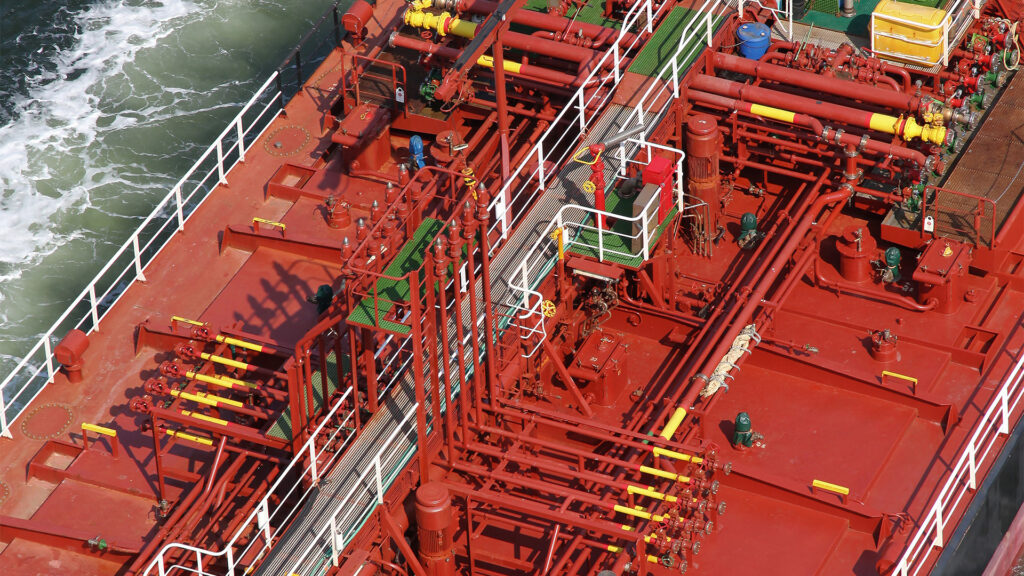Disasters in Japan – the impact on shipping
Japan is a key country for the shipping industry, and while it is too early to assess the full extent of the humanitarian and financial impact of the earthquake and tsunami on the maritime industry, it is already evident that the repercussions will be wide ranging and potentially long lasting.
One of the Japanese authorities’ first reactions was to close all Japanese ports, halting all loading and discharging operations. While many ports in the south and west have since re-opened, a number of ports on the north and east coasts remain closed, not only due to the earthquake and tsunami damage, but in response to the ongoing (and perhaps more worryingly, increasing) threat of nuclear fallout at the Fukushima nuclear plant.
Tsunami warnings continue to be issued and owners/charterers are encouraged to remain in close contact with local agents and port authorities so they can obtain the most up to date information regarding the status of Japanese ports.
While the thoughts of all in the shipping industry are obviously with the residents of Japan and other residents of the wider pacific basin area in the aftermath of the earthquake, shipowners, managers and charterers will already be looking ahead to consider the contractual arrangements they have in place connected with Japan and other affected areas.
Are the parties entitled to refuse to perform a charter by reason of frustration or force majeure?
A contract will be frustrated where there is an unforeseeable change of circumstances which either makes a contractual obligation incapable of being performed or which renders performance radically different from that which was undertaken. Inconvenience, hardship or increased expense will not usually amount to frustration, and, generally speaking, it is very difficult indeed for a party to establish that a contract has been frustrated.
There are a number of circumstances which can be forseen in the aftermath of the earthquake and Tsunami and which could result in delay for a vessel intended to load and which could possibly amount to frustrating delay. For example, if the cargo specified in the charterparty no longer exists. However, unless the cargo is specifically identified in the contract, the Charterer will usually be expected to find a substitute.
In considering whether delay is sufficient to frustrate, the parties will need to assess the length of the delay in the context of the entire length of the chartered service (in particular the balance of the service remaining). In general, unless there is cargo on board which is perishable, it will be very difficult to prove that the delay was reasonably expected to be long enough to frustrate or justify ending even a voyage charterparty.
Depending on the specific provisions in the charter, owners may be able to argue that performance has been discharged by express force majeure and/or Act of God provisions.
Conversely, charterers may be able to argue that force majeure has prevented them from being able to provide a cargo to the vessel – thereby discharging their obligations under the charter by virtue of the force majeure clause. There is no magic in the term “force majeure” in English law, and each clause and set of facts will need to be carefully reviewed to determine whether the events in question fall within the parameters of the clause and whether the party which is in breach may rely on the force majeure clause.
Are owners entitled to refuse to call at Japanese ports?
Japan continues to suffer a number of violent aftershocks following the initial quake, leading to an ongoing threat of tsunami in the region. Further, the apparently increasing risk of nuclear fallout at the Fukushima nuclear plant has become an additional threat to the operation of ports in the north and east of Japan. In any event it is likely that there will be severe congestion at ports where vessels await the re-opening of discharging facilities and/or await alternative voyage orders.
Issues may arise as to whether particular ports are safe, whether ports fall within the trading limits in the charter and whether owners are entitled to deviate to another port.
Generally speaking, a port is safe if ships can reach the port, use it and return from it without, in the absence of some abnormal occurrence, being exposed to dangers which cannot be avoided by good navigation and seamanship. Owners and masters will be looking to the port authorities and local agents to provide guidance and up-to-date information about the condition of the facilities in the relevant ports as well as closely monitoring the possibility of further aftershocks, tsunami and the increased risk of exposure to harmful levels of radiation.
Where there is a safe port warranty, if the voyage order/port nomination was given to go to Japan before 11 March (and the port in question is assessed as likely to be unsafe at the time which the vessel will call) then, in the case of a time charter, the charterers may be obliged to issue new orders to proceed to an alternative port. The situation is less clear cut where a Japanese port has been nominated under a voyage charter and the port has subsequently become unsafe – it is possible no such obligation exists.
Owners will also have to review the charter carefully to identify whether they are entitled to deviate to an alternative port. If so, they need to ensure that they comply with any requirements of that clause, and also that they act in good faith, not arbitrarily, capriciously or unreasonably. If there is no express right to deviate, Owners may seek to rely on the implied right to deviate to save life/property and/or an argument that this is a “reasonable deviation” under the Hague Rules.
Further concerns arise in relation to potential nuclear contamination of both vessels and cargoes leaving Japan. Owners may seek to argue that cargoes with potential residual radiation are “dangerous cargoes” in a legal sense which could result in owners refusing to load such cargoes. Liability for the consequences of loading dangerous cargoes will for example, need to be considered in the specific context of the cost of cleaning holds as well as the more general context of potentially being off-hire if the full working of the vessel is prevented by reason of residual radiation. In addition, vessels spending time in areas with high radiation (perhaps to discharge in circumstances where there is severe congestion or damaged local infrastructure makes the process slower than usual) could be exposed to radiation which may result in the vessel being prevented from trading to certain countries or from trading in certain cargoes (such as grains and other foodstuffs).
If owners refuse to call at Japanese ports with laden cargo, they must consider the terms of any bills of lading contracts. The owners may be able to rely on liberty clauses to justify a deviation to an alternative port. If the cargo is being discharged at a port other than that named in the bill of lading, the carrier needs to consider its position very carefully to ensure amongst other things that a) that he is entitled to deviate b) the cargo may be safely discharged and c) the cargo is only delivered to an entity entitled to delivery.
Who pays for the delays?
Vessels are, of course, likely to encounter delays and loss of time, particularly where they are calling at affected Japanese ports to load or discharge cargo.
In the case of a voyage charter, the issues arising will be whether Notice of Readiness was validly tendered, and whether laytime has commenced and, if so, whether charterers are able to rely on any interruption or exception to laytime (failing which the vessel is liable to be on demurrage). Charterers’ position will be more difficult if the vessel is already on demurrage as exceptions to time running once the vessel is on demurrage will need to be very clearly drafted in order to be relied upon.
In the case of a time charter, charterers will seek to argue that the vessel is off-hire, in order to suspend their obligation to pay hire. The specific off-hire clause needs to be carefully considered, but if the charter incorporates one of the usual off-hire clauses (such as NYPE clause 15), then charterers may find it difficult to argue that the vessel is off-hire save in the case of vessels damaged by the original Tsunami. If there has been an unlawful refusal to pay hire, owners need to consider whether they can terminate the charter (especially where rates have increased). They will, of course, need to comply with any anti-technicality provisions in the charter.
Delays may also have a knock-on effect on the performance of other, related transactions (e.g. obligations of the charterers to another party to load a certain quantity of cargo within a certain period, or obligations of a seller to tender conforming documents (which may include restrictions as to the bill of lading date) to obtain payment under a letter of credit). The extent to which the party in breach of another contract can seek an indemnity or other recourse under the carriage documents will need to be carefully considered.
Who pays for the other costs?
If carriers are entitled to deviate, they may also be entitled to recover the additional costs from cargo interests. The terms of the clause which gives owners the right to deviate must be carefully considered.
Any additional costs or losses incurred by owners as a result of following charterers’ orders may also be recoverable under an express or implied indemnity elsewhere in the charterparty.
Our Commodities group has produced a complementary briefing dealing with issues specific to their area of expertise. If you have not received a copy of their briefing and would like to, please contact mailings@hfw.com.











